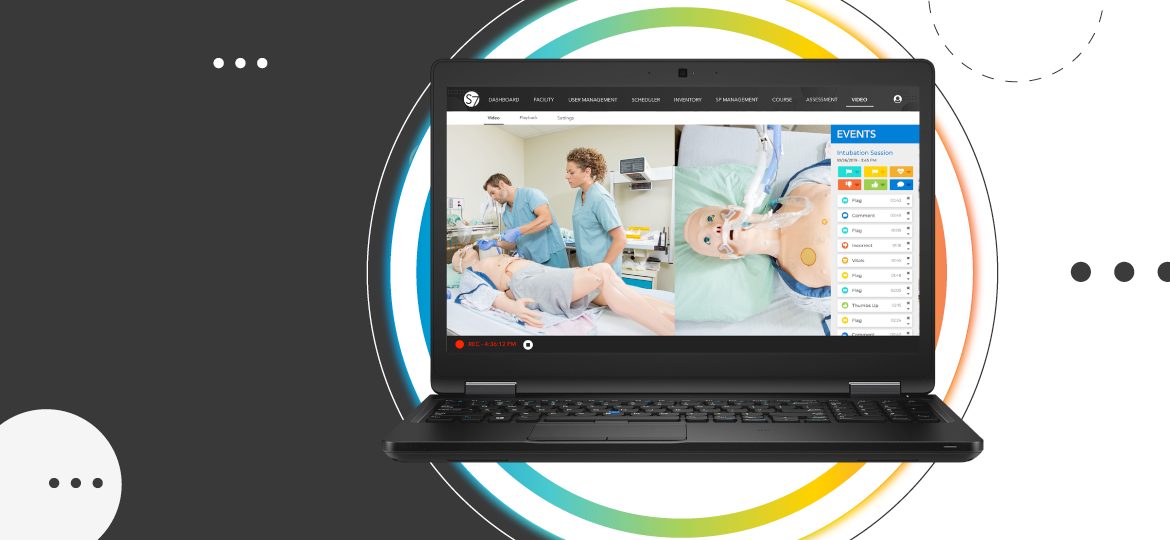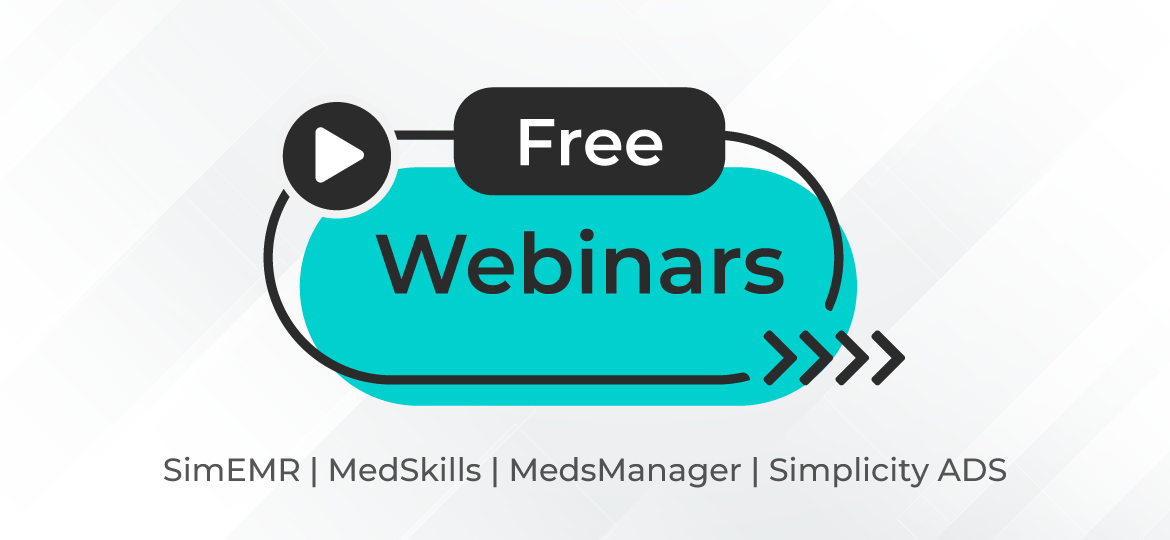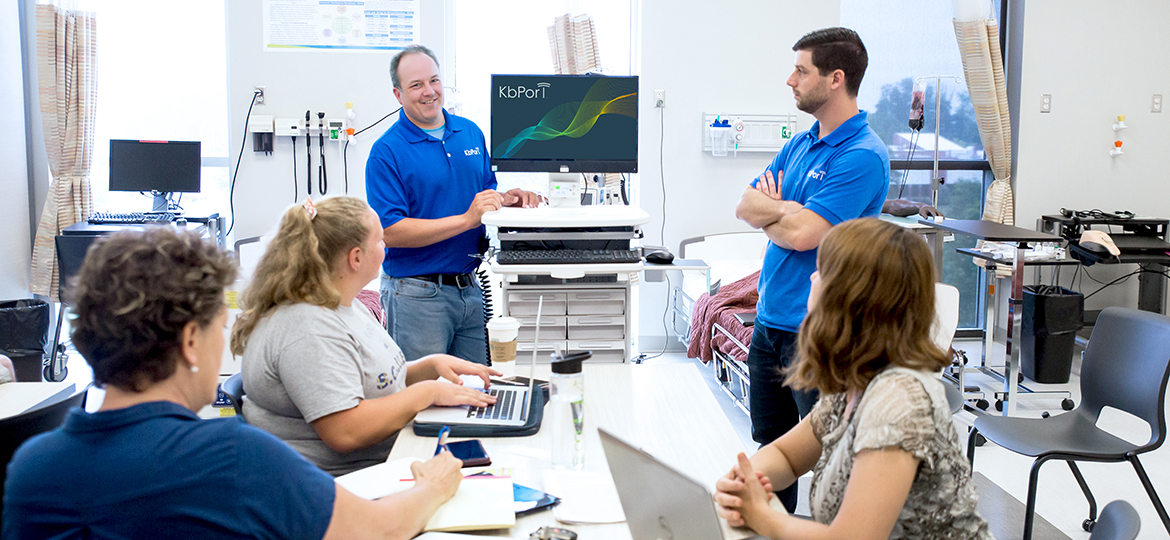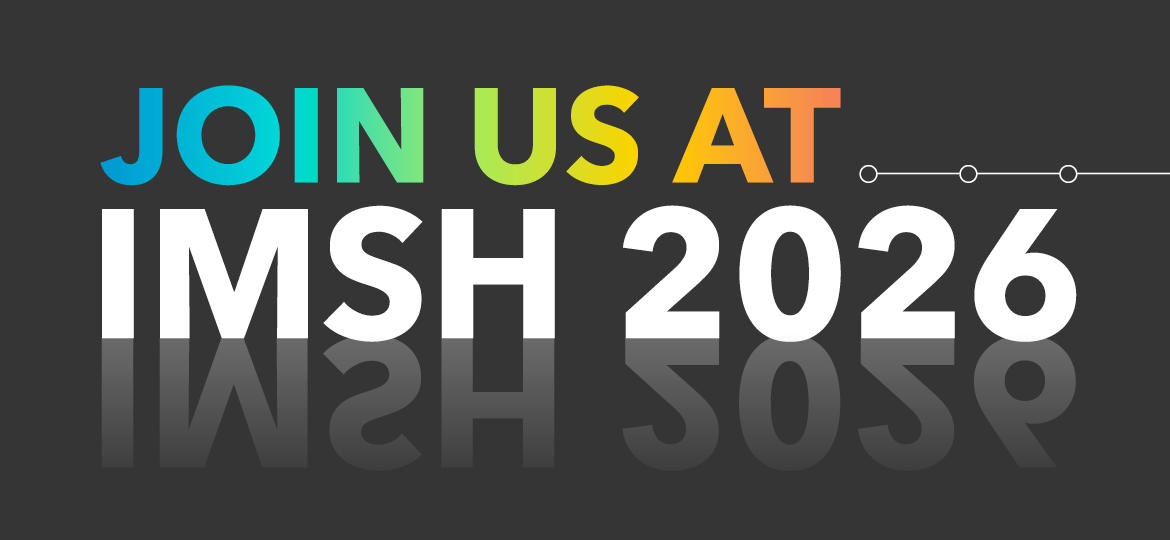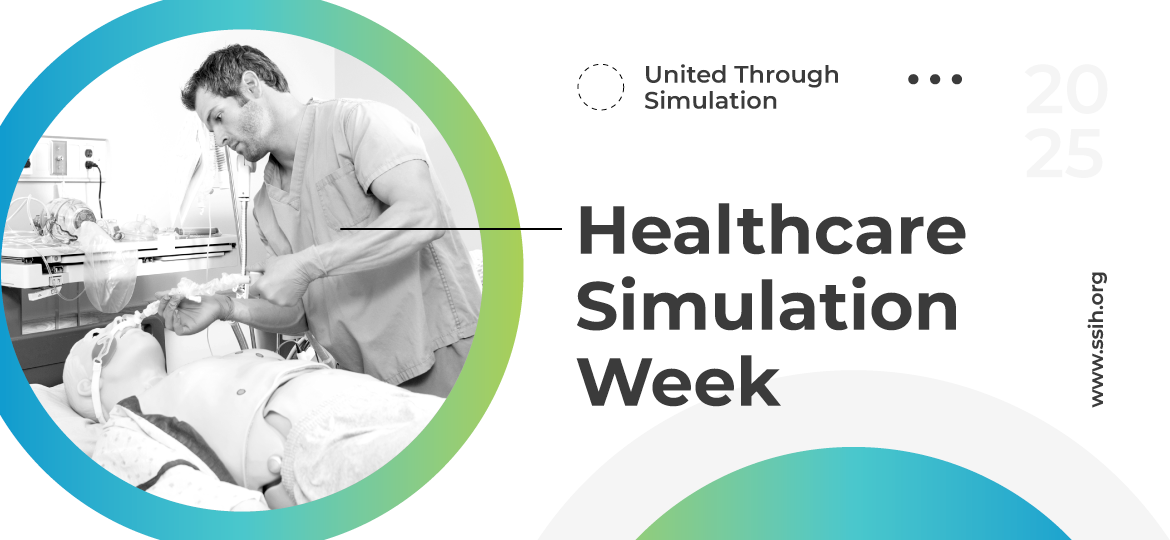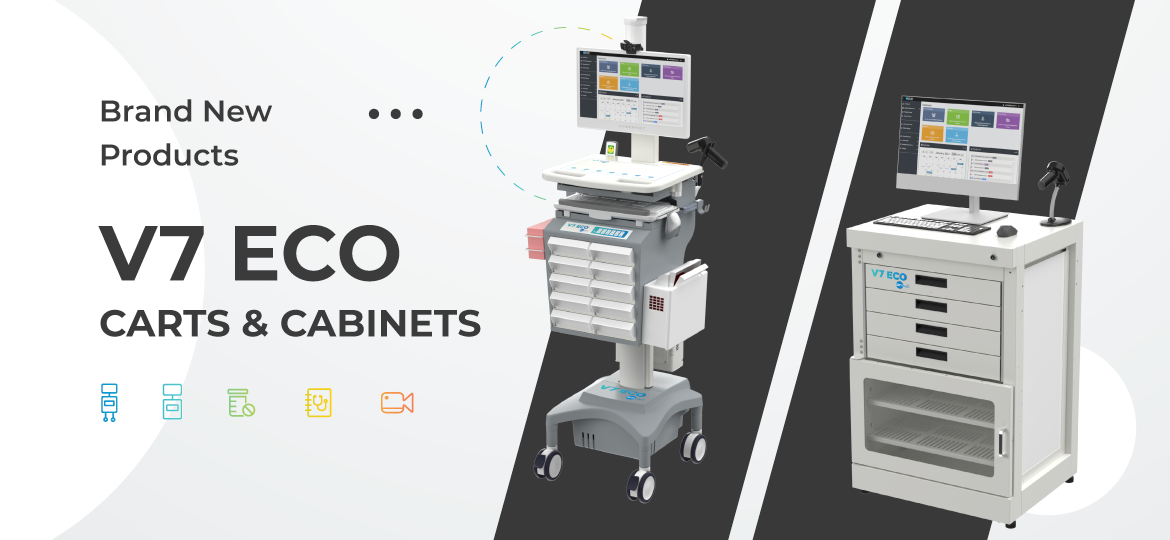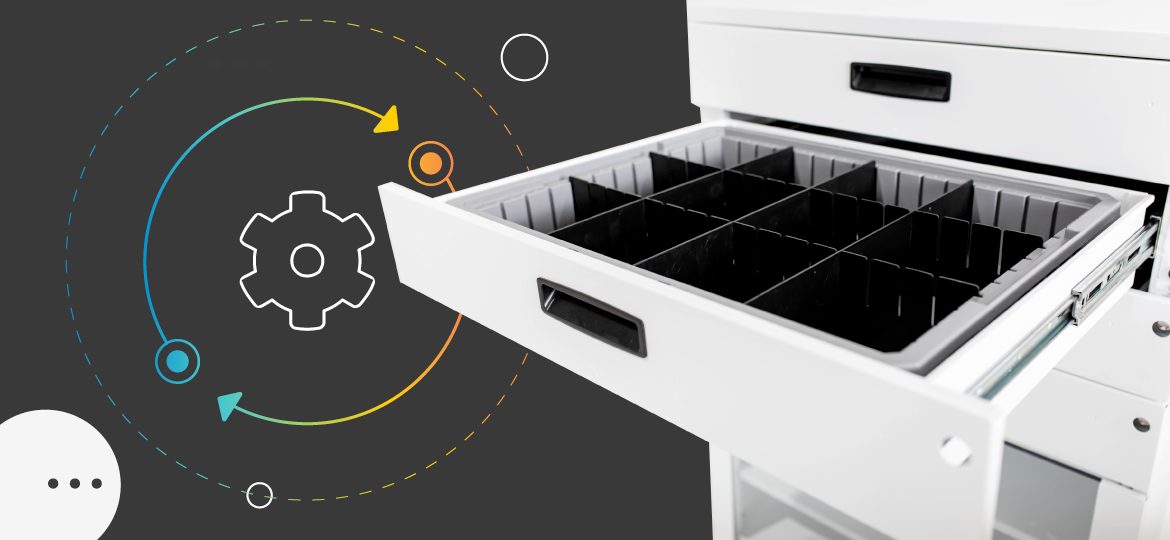Recording and debriefing technologies have become one of the most essential tools in healthcare simulation. By capturing scenarios in real-time, these technologies give learners the opportunity to reflect, evaluate, and improve their performance. Not only does incorporating AV technology help learners to grow from their mistakes, but it also makes it easier for instructors to give more focused, constructive feedback.
Our recording and debriefing solution ETC V7 creates a more valuable simulation experience by fusing audio and video with data generated from other simulation devices, generating a context of patient care. With numerous configuration options and add-ons available, we will help you customize and build the best AV solution for your facility. Many facilities find success pairing ETC V7 with Simplicity7, our center management solution, and V7 Automation, our automated multi-room recording solution.
Let’s dive into what makes recording and debriefing so effective for learners:
Increased Awareness & Confidence With Evidence-Based Practice
Recording grants learners the opportunity to share experiences and feelings during debriefing, both with their instructors and amongst one another, providing validation, reassurance, and new perspectives. The ability to review each step of a simulation leads to increased self-awareness and confidence as learners navigate emotional and psychological challenges experienced in real-world healthcare settings.
The ability to manage stress and practice empathy are crucial, sometimes overlooked skills to have when it comes to quality of care.
Refined Psychomotor Skills
Instructors and lab coordinators can adjust camera angles and zoom, as well as add an abundance of preconfigured annotations or their own notes during session recordings, capturing every detail necessary to improve learner performance. When learners can physically see areas in which they can improve or make different choices, they are able to hone in on those areas for better practice moving forward.
The opportunity for learners to pay attention to their own body language grants the ability to fine-tune psychomotor skills from medication management to inserting an IV.
Improved Collaboration via Peer Learning
Peer-to-peer learning via group debriefing fosters teamwork, cooperation, and better social skills, all of which are fundamental to many healthcare careers. Collaborative learning approaches have been proven to help with knowledge-retention, self-esteem, and responsibility by holding one another accountable and hearing diverse perspectives.
Enhanced Decision-Making
When learners are able to review, reflect, and repeat various simulations to clarify their thought processes and reframe their decision-making, it leads to improvement. Recording and debriefing technologies ultimately allow learners to make better choices regarding patient care.
Positive Transfer of Learning
Recording and debriefing helps bridge the gap between theory and real-world patient care by allowing students to analyze their performance and apply learned concepts to real-world scenarios. Debriefing is one of the most critical components of running a successful simulation as assessment-based reflection best helps learners with skills acquisition.
The list of benefits of recording and debriefing technologies in simulation spaces is abundant, further ensuring the safety of future patients.
Contact us today to learn more about our recording and debriefing solutions.
If you liked this article, don’t forget to subscribe for more.
